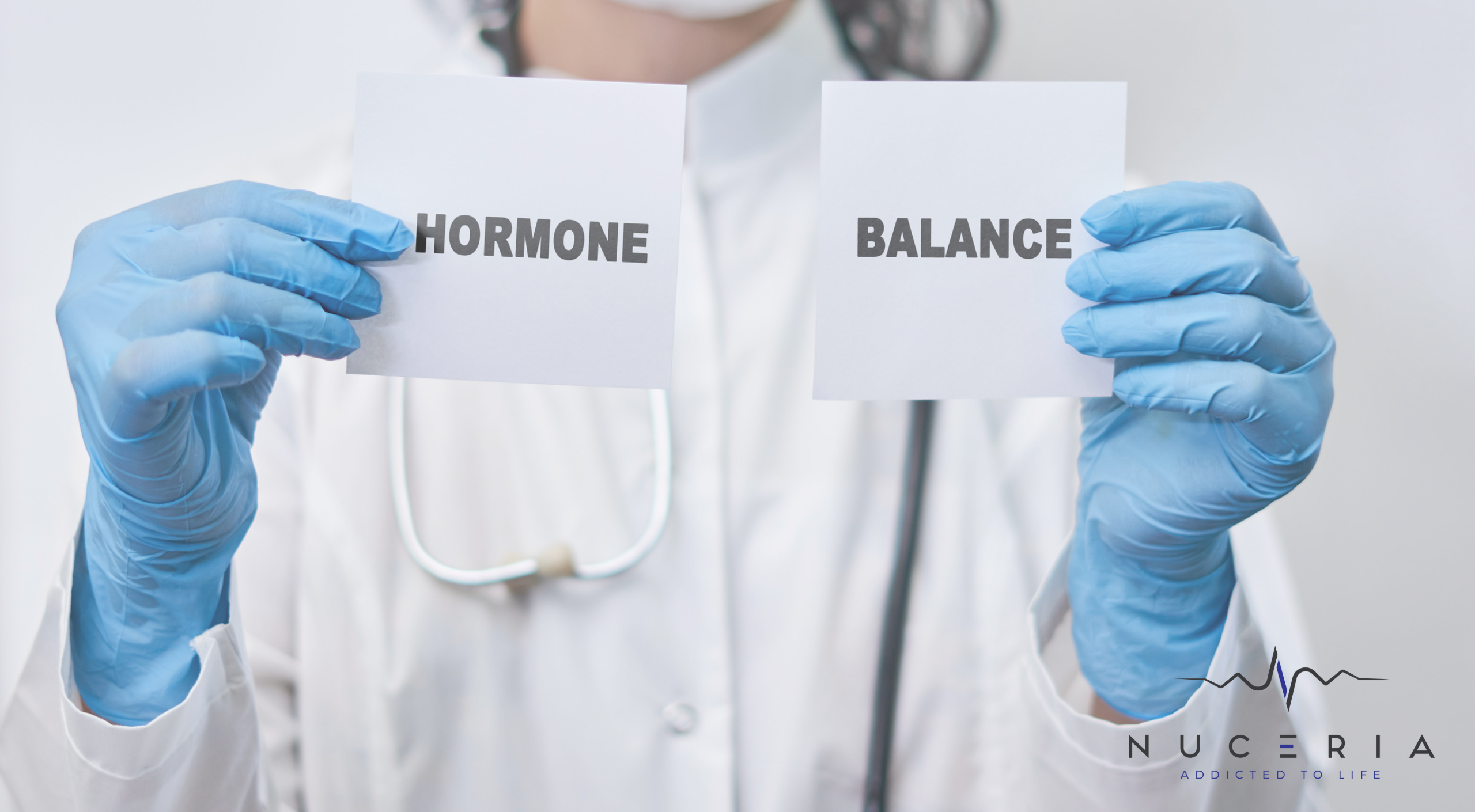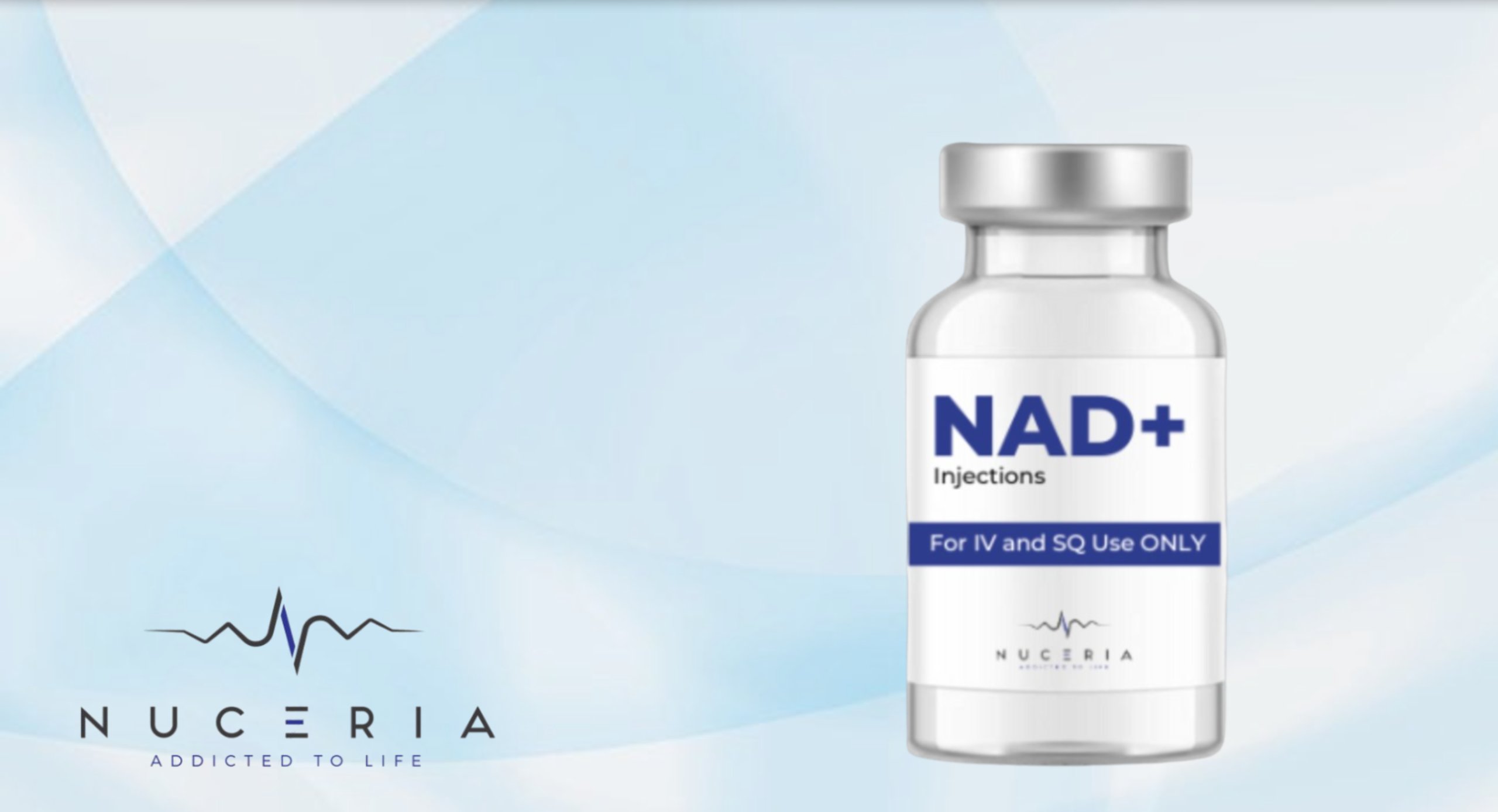HRT and Alzheimer’s Risk After Menopause
Many women reach midlife and wonder whether hormones could protect the brain. The idea makes sense at first glance: shifts in hormone levels affect memory, sleep, and mood. Still, when we look closely at HRT and Alzheimer’s risk after menopause, the most responsible answer avoids promises.
Hormone therapy can raise day-to-day comfort and quality of life, yet its role in dementia prevention remains uncertain. This guide explains what strong studies have found, how timing and formulation shape health risks, and which actions truly support long-term brain health.
What Hormone Therapy means in real life
When people discuss HRT and Alzheimer’s risk after menopause, they usually mean systemic hormone replacement therapy (HRT)—estrogen taken by mouth or delivered by a patch or gel. If you still have a uterus, clinicians add a progestin to protect the uterine lining. Local options such as a vaginal ring or low-dose vaginal creams target urogenital symptoms and do not aim for brain protection. Research on cognition focuses mainly on systemic therapy.
HRT is a treatment option for hot flashes, night sweats, sleep disturbance, and genitourinary symptoms. It requires a brief review of current health conditions, risk factors, and medicines so your clinician can tailor dose, route, and duration.
What the strongest studies tell us
The Women’s Health Initiative Memory Study (WHIMS) tested hormone therapy in women 65–79 who started treatment late in life.
- Combined estrogen-progestin (CEE 0.625 mg + MPA 2.5 mg daily):
- Over about four years, 40 women on therapy and 21 on placebo developed probable dementia. That equals 45 vs 22 cases per 10,000 person-years and a hazard ratio (HR) of 2.05 (95% CI, 1.21–3.48)—about 23 additional cases per 10,000 women each year on combined HRT.
- Alzheimer’s disease was the most common diagnosis in both groups. PubMed
- Estrogen-only (CEE 0.625 mg daily):
- In an average of 5.4 years, there were 28 cases of dementia in the estrogen group. In the placebo group, there were 19 cases. This means there were about 37 cases per 10,000 person-years for estrogen and 25 for placebo.
- The hazard ratio was 1.49, with a 95% confidence interval of 0.83 to 2.66. which was not statistically significant. When WHIMS pooled the estrogen-only and combined-therapy trials as pre-specified, the overall HR was 1.76 (95% CI, 1.19–2.60). PubMed
- Global cognition (3MSE):
- Combined therapy did not improve overall cognitive scores and had a small negative effect. More women significantly declined: 6.7% compared to 4.8%, P=.008.
- In the estrogen-only trial, mean 3MSE scores were 0.26 points lower on estrogen than placebo (SE 0.13; P=.04); pooling across trials showed a 0.21-point decrement (SE 0.08; P=.006). PubMed+1
Why headlines often disagree
Headlines can conflict because observational studies—research that follows people in routine health care—produce mixed results. Some show lower dementia rates among certain users, while others report higher risk. These designs cannot completely account for differences between users and non-users. This includes health conditions, access to care, and lifestyle.
That limitation explains why observational signals sometimes diverge from trial results. This tension sits at the heart of HRT and Alzheimer’s risk after menopause: signals vary, and method matters.
Timing, formulation, and route: how they influence the picture
Age at the start of therapy
Timing appears important. Starting combined therapy well after menopause, especially beyond 65, increases the risk of dementia in trials.
Beginning around the menopausal transition has not shown convincing long-term cognitive protection. If you want to feel better now, you and your doctor can look at symptom relief and personal risks. Avoid thinking of HRT and Alzheimer’s risk after menopause as a way to prevent issues.
Combined vs. estrogen-only therapy
Most risk signals involve estrogen plus a progestin. Estrogen-only therapy looked more neutral for dementia in older trial populations. That finding does not convert estrogen into a brain shield; it simply shows that the harmful signal has not been consistent when therapy used estrogen alone in the contexts studied.
Route of administration
Current evidence does not show that pills, patches, or gels differ in cognitive protection. Choose the form that controls symptoms, fits your vascular profile, and respects your preferences. Route choice should not hinge on HRT and Alzheimer’s risk after menopause.
Local estrogen
Low-dose products act where they are applied. A vaginal ring or cream often relieves dryness and discomfort, but researchers did not design or study local therapy to prevent dementia.
Safety notes to review before starting
All medicines carry trade-offs. Some types of systemic HRT can slightly raise the risk of blood clots, strokes, and heart disease. This is especially true for people who already have risk factors like high blood pressure, smoking, or a history of clots.
Your clinician will review your health conditions and family history to keep the risk as low as possible. The Food and Drug Administration regulates prescription hormones and labeling, and healthcare professionals use that guidance when discussing dose, route, and duration.
Surgical or early menopause: a different scenario
If your ovaries were removed or you experienced menopause early, you navigate a distinct health landscape. Clinicians often use hormone therapy in these cases to manage symptoms and to support bone and cardiovascular health until the usual age of menopause. Even here, the cognitive benefit remains unsettled, so decisions about HRT and Alzheimer’s risk after menopause stay individualized.
What hormone therapy can realistically do for thinking
Many people feel mentally sharper once hot flashes calm down, sleep improves, and mood steadies. Fewer nighttime awakenings and temperature swings make it easier to focus. Trials in older women did not show durable protection against dementia, yet symptom relief still matters for work, relationships, and everyday performance. Recognizing this distinction keeps expectations grounded while you explore HRT and Alzheimer’s risk after menopause with your care team.
What actually helps brain health
If brain protection motivates your interest in HRT and Alzheimer’s risk after menopause, prioritize levers with proven value. Big health reviews show that some factors can help prevent or delay dementia. These factors can benefit many people.
- People who smoke reduce risk when they quit. Create a cessation plan with your care team if you need support.
- Maintain healthy blood pressure throughout the year, not only at clinic visits.
- Accumulate 150 minutes of moderate activity each week and add two brief strength sessions.
- Address hearing and vision problems; correcting sensory loss lowers cognitive load.
- Treat diabetes and high LDL cholesterol because cardiometabolic health and brain health move together.
- Keep a consistent sleep window to support learning and memory.
- Stay socially and cognitively engaged through conversation, hobbies, languages, music, or games.
These strategies complement hormone therapy. When you center proven habits and use hormones for symptom relief, you respect what the evidence shows about HRT and Alzheimer’s risk after menopause.
A four-week starter plan you can adapt
- Week 1 – Baseline and planning. Check home blood pressure on three separate days. Schedule hearing and vision checks if you have noticed changes. List your two most disruptive menopausal symptoms.
- Week 2 – Movement with purpose. Walk briskly for 30 minutes on five days and add two 20-minute strength sessions. Keep a simple log.
- Week 3 – Sleep and stress. Set a consistent lights-out time and create a 30-minute wind-down routine. Take a short morning walk outdoors to anchor your circadian rhythm.
- Week 4 – Connection and challenge. Join a class, start a book club, or learn a new skill. Choose an activity you will look forward to each week.
By the end of a month, you will have a clearer sense of how much better you feel—independent of the debate around HRT and Alzheimer’s risk after menopause.
How to talk with your clinician
Arrive with a focused list so the visit stays efficient:
- Current symptoms (hot flashes, night sweats, sleep, mood, concentration).
- Personal and family history (prior blood clotting, migraines, breast or endometrial cancer, heart disease, stroke, high blood pressure).
- Options that fit (systemic HRT, vaginal ring or other local estrogen, or non-hormonal therapies), including dose, route, and duration.
- Realistic expectations that prioritize symptom relief rather than dementia prevention.
- Follow-up plan covering how to measure benefit, when to reassess, and what to do if side effects appear.
This approach keeps HRT and Alzheimer’s risk after menopause in perspective while centering the outcomes that matter most to you.
FAQs
Does starting hormones right at menopause protect memory later?
Randomized trials have not shown long-term protection. Some observational studies suggest different patterns, but those designs cannot settle cause and effect. Use HRT for symptom relief rather than as a brain shield.
Do patches or gels outperform pills for brain health?
No route consistently shows cognitive protection. Choose the form that controls symptoms and aligns with your medical profile.
Is vaginal estrogen relevant to dementia prevention?
Vaginal estrogen relieves local symptoms and stays mainly where you apply it.
What if I am over 60 and still have severe hot flashes?
Options remain available. Discuss risks and benefits with your clinician, including the context around HRT and Alzheimer’s risk after menopause, and then personalize the plan.
Explore your options
- Learn how pellets work and where they fit: Hormone Pellet Therapy: Key Benefits and Risks Explained.
- See how individualized care looks in practice: Menopause Treatment in Miami.
Bottom line
Use hormones to feel better now, not as a guaranteed way to prevent dementia. When you combine targeted symptom relief with attention to high blood pressure, activity, sleep, sensory health, and social connection, you support your brain in ways that matter. That plan respects what we know about HRT and Alzheimer’s risk after menopause and keeps the focus on results you can feel.
Note: This article is educational and does not replace personalized medical advice.
Request an appointment here: https://mynuceria.com or call Nuceria Health at (305) 398-4370 for an appointment in our Miami office.
Check out what others are saying about our services on Yelp: Wellness Center in Miami, FL.




 (1).png)


